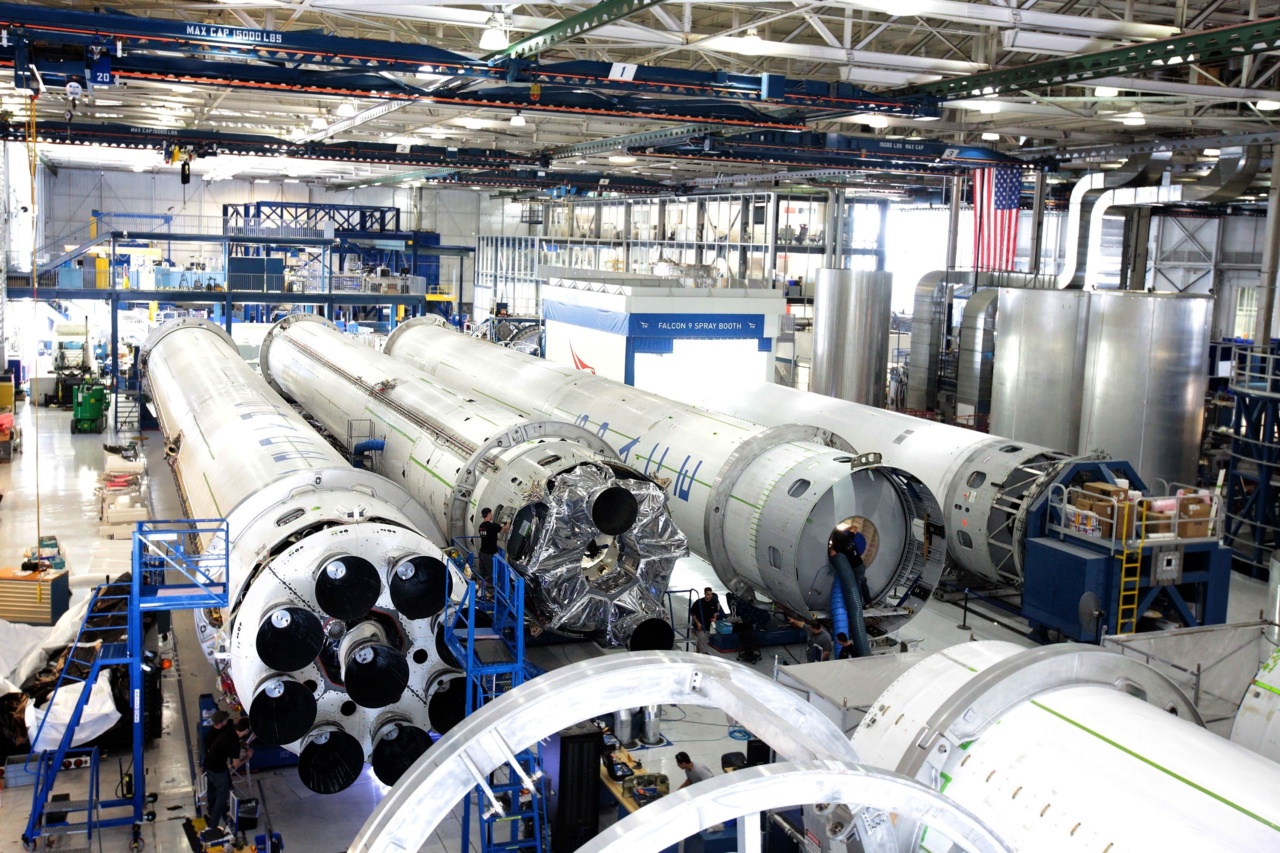Gasoline engines are renowned for their superior performance and reliability, which has made them the most popular engines in use today. However, what most people don’t know is just how hazardous they are to our health.
Gasoline engines have been linked with diseases such as lung cancer, heart disease, and respiratory illnesses, among others. As a result, it’s imperative that we all understand just how dangerous these engines can be and take steps to protect ourselves and our loved ones from their harmful effects.
How Gasoline Engines Work
Gasoline engines are internal combustion engines that power most vehicles and heavy machinery. They work by converting gasoline into a force that can turn wheels or power machinery.
The process involves the burning of gasoline inside the engine’s cylinders, which in turn pushes pistons and creates energy that is transferred to the wheels or machinery’s moving parts.
The Harmful Effects of Gasoline Engines
Gasoline engines produce a variety of harmful pollutants which can have a significant effect on our health. The most dangerous of these pollutants include carbon monoxide, nitrogen oxides, hydrocarbons, and particulate matter.
These pollutants are released into the air through the engine’s exhaust system and can be seriously harmful if inhaled by humans. They can cause a range of health problems, including:.
- Lung cancer
- Heart disease
- Respiratory illnesses, such as asthma
- Neurological problems
- Liver and kidney damage
- Developmental problems in children
Why Gasoline Engines are So Harmful
Gasoline engines produce so many harmful pollutants because they rely on combustion to generate energy. Combustion is the process of burning fuel to create energy, and it’s inherently inefficient and produces many pollutants.
Even modern engines that are designed to be more efficient and environmentally friendly still produce harmful pollutants, although in smaller amounts.
In addition to the pollutants that are produced during combustion, gasoline engines also pose a risk due to the fact that they release these pollutants directly into the air we breathe.
This means that anyone who is near a gasoline engine, whether they are driving a car or working near a piece of heavy machinery, is at risk of inhaling these harmful pollutants.
How to Protect Yourself from Gasoline Engine Pollution
There are several things you can do to protect yourself from gasoline engine pollution. These include:.
- Avoiding areas with high traffic, such as busy highways or streets
- Wearing a mask when working near gasoline engines or heavy machinery
- Ensuring that your car or other vehicles are properly maintained and have their emissions systems inspected regularly
- Opting for public transport instead of driving whenever possible
- Supporting policies and initiatives that promote the use of alternative fuels, such as electric or hybrid vehicles
The Importance of Government Regulation
While individuals can take steps to protect themselves from gasoline engine pollution, government regulation is essential in ensuring that the public is adequately protected and that the environment is not unnecessarily damaged.
In many countries, there are laws and regulations in place that require vehicle emissions to be controlled and limited. These regulations are designed to control the amount of pollutants that gasoline engines are allowed to emit, and they help to reduce the harmful effects of gasoline engines on our health and the environment.
The Future of Gasoline Engines
While gasoline engines have been the dominant type of engine for many years, their future is now uncertain. As concerns about climate change and our reliance on fossil fuels continue to grow, there is increased interest in alternative forms of energy.
This includes electric vehicles, hybrid vehicles, and other vehicles that rely on non-petroleum sources of fuel. However, these alternative technologies are still in their early stages and are not yet widely available or affordable for most people. It may be many years before they become a viable replacement for gasoline engines.
Conclusion
Gasoline engines have been a significant contributor to our modern world, but they also pose a significant threat to our health and the environment.
While we cannot eliminate gasoline engines entirely, we can take steps to protect ourselves and the environment from their harmful effects. By supporting policies and initiatives that promote the use of alternative fuels, and by taking steps to reduce our own exposure to gasoline engine pollution, we can all do our part in creating a cleaner, healthier, and more sustainable future.































